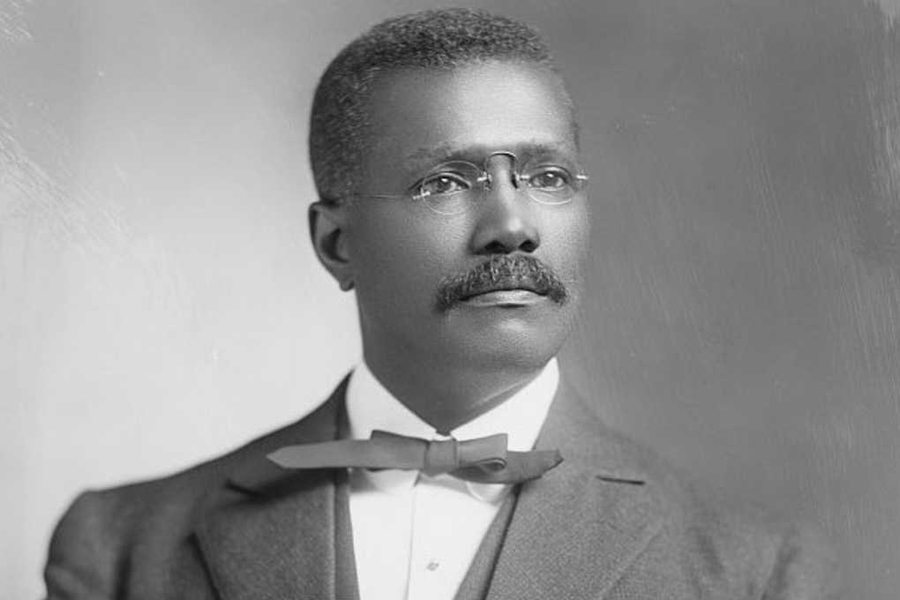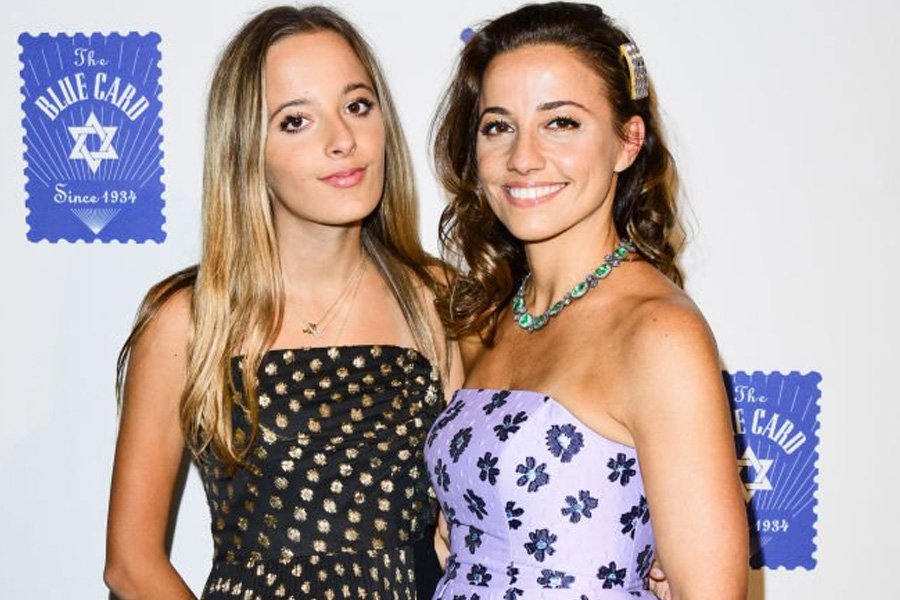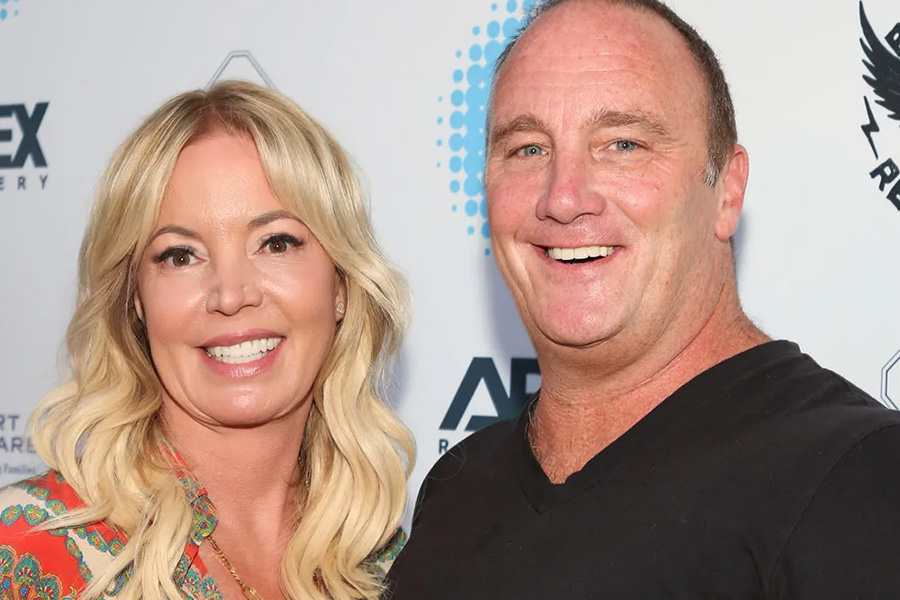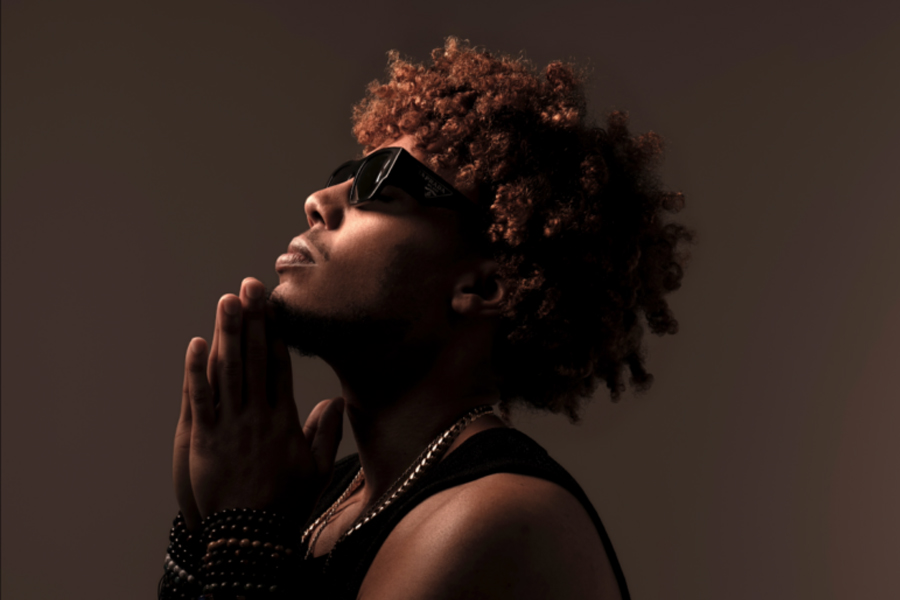Basic Information
| Field | Details |
|---|---|
| Full Name | William David Chappelle Iii |
| Birth | December 16, 1938 — Columbia, South Carolina, USA |
| Death | July 29, 1998 — Yellow Springs, Ohio, USA |
| Education | Antioch College (BA, Music); coursework at Brown University; graduate study in music education at Wright State University; member of Phi Kappa Phi |
| Military Service | U.S. Army (~4 years), clarinetist in the Army band |
| Occupations | Professor of Voice; Music Educator; Dean (Students/Community Services) at Antioch College; Community Organizer |
| Known For | Vocal pedagogy; cooperative education leadership; civil-rights and cross-cultural community work in Yellow Springs |
| Community Initiatives | H.U.M.A.N. (Help Us Make A Nation); African American Cross-Cultural Works (AACW); Blues Week; anti-racism education |
| Family | Partner/spouse (early years): Yvonne Seon; Later partner/spouse: Joan Evans (Evans Chappelle); Children: Dave (David Khari Webber), Felicia, William (Sedar); Stepchildren (reported): Brian Evans, Jennifer Evans |
| Notable Ancestor | Great-grandfather: Bishop William D. Chappelle (1857–1925), AME leader and Allen University president |
Early Years and Education
William David Chappelle Iii was born on December 16, 1938, in Columbia, South Carolina, and spent formative years between Columbia and Washington, D.C. The environments he moved through—church choirs, community stages, and classrooms—set the pitch for a life tuned to service and song. After early coursework at Brown University, he graduated from Antioch College with a BA in music, deepening a fascination with the voice as both instrument and human bridge. He continued graduate study in music education at Wright State University and was inducted into Phi Kappa Phi, reflecting a blend of artistry and academic rigor.
Service and Musicianship
Before his academic appointments, Chappelle served roughly four years in the U.S. Army, playing clarinet in the Army band. The discipline of ensemble work and the daily craft of musicianship left their mark. As a trained bass-baritone, he performed with regional choruses and opera groups, lending a resonant, anchoring presence. In an era when American music and civic life were both in transition, his performances were less about spotlight than about making space—tuning communities to one another through shared sound.
Antioch College and Teaching
By the late 1960s—circa 1967—Chappelle had settled in Yellow Springs, Ohio, joining Antioch College’s cooperative education programs and later teaching voice as an adjunct. He would go on to serve as dean of students and dean of community services, roles that required equal parts diplomacy and imagination. For students, he was a mentor who heard the overtones others missed: a teacher who could diagnose tension in a jaw or a schedule, then suggest the breath pattern—or co-op placement—that brought a person back into alignment.
In classrooms and rehearsal rooms, he taught vocal technique with the practicality of a craftsman and the patience of a choirmaster. In administrative corridors, he worked to expand access, encourage civic engagement, and make Antioch not just a college situated in a town, but a college in conversation with a town.
Community Organizing and Civic Work
Chappelle’s public life was inseparable from his civic commitments. He co-founded or helped found initiatives aimed at cross-cultural understanding and anti-racism, including H.U.M.A.N. (Help Us Make A Nation) and the African American Cross-Cultural Works. The latter became a heartbeat for events like Blues Week and youth showcases—programs that brought elders, artists, and teenagers into the same cultural room.
He taught anti-racism classes, facilitated dialogues, and programmed arts events that doubled as civic lessons. The format varied—workshops, concerts, informal community meetings—but the throughline was unmistakable: lift the voice, hear the history, make the change. If the village is a choir, Chappelle worked the sections until each could hear the other.
Family Ties and Personal Life
Chappelle’s family story contains both public landmarks and private corridors. He married academic and minister Yvonne Seon, with whom he relocated to Yellow Springs. Their children—Dave (David Khari Webber), Felicia, and William (often noted as William “Sedar”)—grew up in a household where scholarship, art, and public service overlapped. Later local histories refer to a partner or wife, Joan Evans (Evans Chappelle), and to stepchildren Brian and Jennifer Evans.
His lineage reaches back to Bishop William D. Chappelle (1857–1925), an AME Church leader and Allen University president, an ancestor whose legacy of education and organized faith offers a striking historical rhyme. Through his son Dave’s public tributes, William D. Chappelle III emerges as a father who taught steadiness, standards, and the courage to stand firm—less a spotlight, more a steady lamp.
Recognition and Remembrance
Even after his death on July 29, 1998, in Yellow Springs—local accounts note kidney failure—Chappelle’s influence carried forward. Antioch alumni and the Yellow Springs community have publicly honored his contributions, with awards and memorial events that recount his cross-cultural work and educational leadership. Community archives, alumni gatherings, and local stages continue to echo his name in the context he most prized: collective effort brought to pitch.
Selected Timeline
| Year/Date | Milestone |
|---|---|
| 1938-12-16 | Born in Columbia, South Carolina |
| 1950s–1960s | Church and regional choir singing; studies at Brown; BA in Music from Antioch |
| ~1960–1964 | U.S. Army service; clarinetist in Army band |
| c. 1967 | Moves to Yellow Springs, Ohio; joins Antioch’s co-op department |
| 1970s | Co-founds H.U.M.A.N.; launches/helps launch AACW; initiates Blues Week and youth showcases |
| 1970s–1990s | Adjunct professor of voice; dean of students/community services; local music education |
| 1998-07-29 | Dies in Yellow Springs, Ohio |
| Post-2000s | Commemorations and alumni recognitions highlight his civic and educational legacy |
Teaching Philosophy in Practice
Chappelle’s approach to pedagogy combined the specificity of technique with the breadth of social purpose. In voice lessons, he dismantled the myth of “natural talent” by returning, again and again, to breath, body, and language: the micro-decisions that either free a tone or choke it. In administrative work, he applied the same precision to systems—admissions pathways, community partnerships, student support—treating policy as a score to be read with intelligence and feeling.
He saw music as an embodied practice of listening. That belief rippled outward into his anti-racism teaching and cross-cultural programming. The most effective workshops felt like rehearsals for a more equitable society: everyone participating, everyone adjusting, everyone responsible for the sound they made together.
Place, People, and the Work of Belonging
Yellow Springs was not just a backdrop. It was the instrument. In this small Ohio town, Chappelle stitched together artists and organizers, students and elders, newcomers and old hands. He understood that belonging is built—not granted—and that the arts can do the construction work. Festivals, classes, showcases, and meetings were his tools. Each event aimed to reduce the distance between people by the width of a note.
Family Legacy and Public Memory
The Chappelle name travels widely because of his son Dave, but it carries a multi-generational resonance. The family’s public story runs through ministry, education, the arts, and civic leadership—from Bishop William D. Chappelle to William David Chappelle Iii to the present day. In that arc, you see a pattern: institutions matter, communities matter, craft matters. Fame, when it appears, arrives as a byproduct, not the goal.
FAQ
Who was William David Chappelle Iii?
He was a musician, voice professor, academic dean, and community organizer centered in Yellow Springs, Ohio.
What was his academic background?
He earned a BA in music from Antioch College and pursued graduate study in music education at Wright State University.
Did he serve in the military?
Yes, he served roughly four years in the U.S. Army and played clarinet in the Army band.
What community initiatives was he involved in?
He co-founded or helped lead H.U.M.A.N. and the African American Cross-Cultural Works, organizing Blues Week and anti-racism education.
How is he connected to Dave Chappelle?
He is the father of comedian Dave Chappelle.
Who were his partners and children?
He was married earlier to Yvonne Seon and later partnered with Joan Evans; his children include Dave, Felicia, and William (Sedar), with stepchildren Brian and Jennifer Evans reported in local accounts.
When did he die and where?
He died on July 29, 1998, in Yellow Springs, Ohio.
What was his voice type and musical focus?
He was a trained bass-baritone who performed with regional choruses and opera organizations.



